Sudan
Internet users in Sudan have defied all odds to stay connected to the world, despite the military authorities blockage of internet access for two weeks.
“It’s like we went back. We are cut off from everything,” says Mohamed Omar, 25, sitting at a table with friends. “The Internet allows us to know what is happening here and abroad,” says the young man.
Access to the Internet and especially to 4G mobile phones has been largely blocked since the bloodshed on 3 June of a sit-in of demonstrators outside army headquarters demanding a transfer of power to civilians.
Since the beginning of the demonstrations in December that led to President Omar al-Bashir’s dismissal by the army in April, the protest had succeeded in mobilizing largely through social networks.
“They cut off the Internet so people couldn’t communicate, to prevent them from gathering,” explains Mohamed, who participated in the demonstrations.
It is also the daily life that is shaken up: no more access to social networks but also it is impossible to order a taxi through apps for example or communicate with family and friends abroad.
“My parents live abroad. The Internet was our only means of communication. We made video calls, now I have to call them,” Mohamed said.
“Cutting off the Internet is one of the means used by the Military Council to widen the gap between (the protest) and the people,” a leader of the movement, Mohammed Naji al-Assam, said at a press conference on Monday.
For instance, on Tuesday, an opposition group called for new night rallies, but overall mobilization remained limited.
Human Rights Watch denounced the blocking of the Internet as a “flagrant violation of human rights”, pointing out that “in many cases, governments seeking to repress peaceful political opposition have blocked the Internet”.
The Military Council recently justified the blockage. “Regarding social networks, we see them as a threat to the country’s security at the moment and we will not allow that,” his spokesman said.
On Wednesday, security forces prevented a press conference on the subject from being held by a consumer protection association, according to its secretary general.




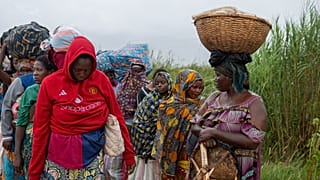
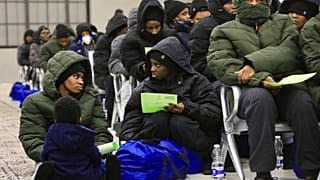
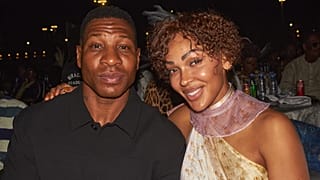
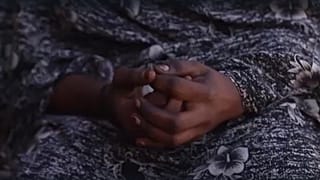
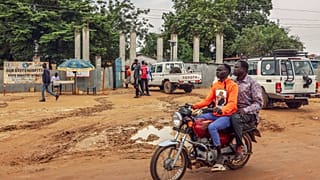
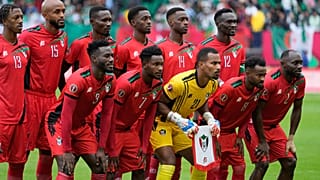

01:00
Civilians flee Aleppo as Syrian army closes Kurdish-majority areas
02:00
Russian strike hits Kyiv clinic, kills 1 and injures 3
01:00
Venezuela deals with aftermath of US strikes on Catia La Mar
Go to video
Sudan train before facing Senegal in Africa Cup of Nations
01:00
Russian forces target Zaporizhzhia with air strikes, no casualties reported
01:00
Russian bombs hit Zaporizhzhia, wounding 35 and intensifying frontline battles